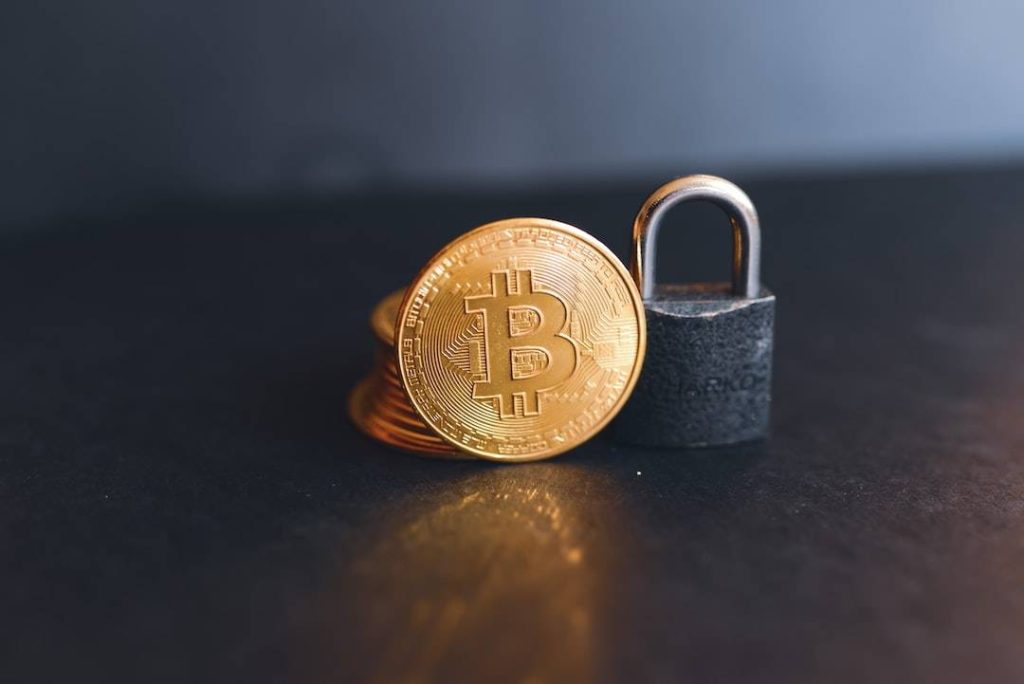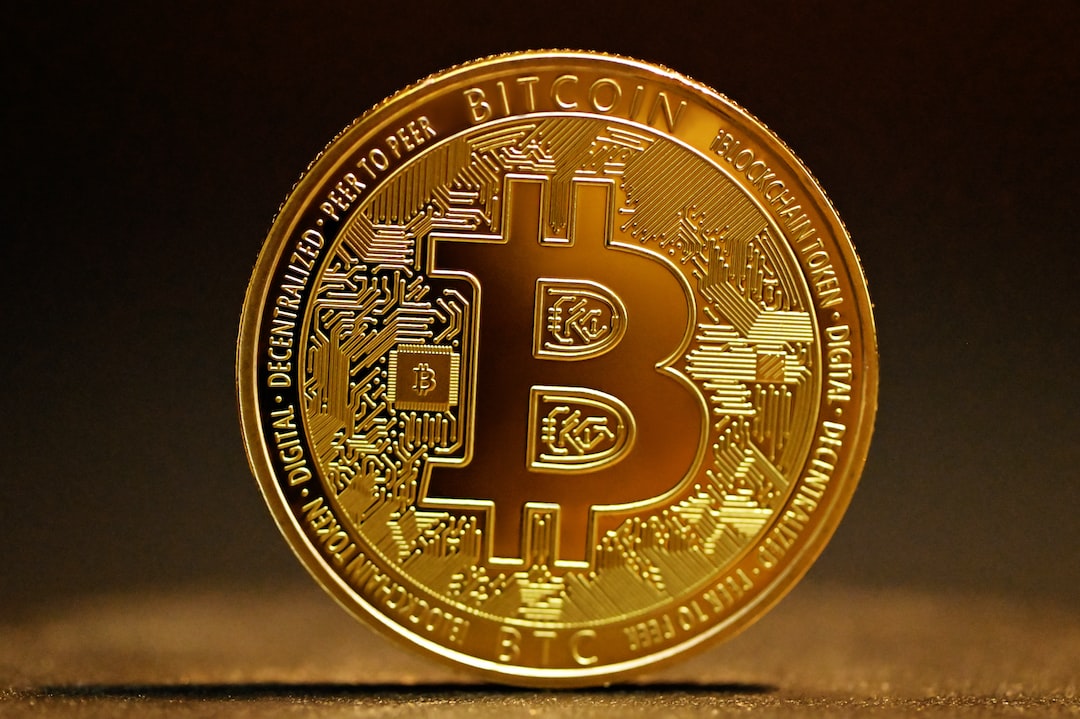Demystifying Decentralized Exchanges (DEX): What You Need to Know
If you are intrigued by cryptocurrencies and the world of decentralized finance (DeFi), you might have come across the term “Decentralized Exchange” or DEX. But what exactly is a DEX? How does it differ from traditional centralized exchanges? And most importantly, how can you benefit from using a DEX? In this article, we will demystify DEXs and provide you with the knowledge you need to navigate this exciting part of the crypto ecosystem.
What is a Decentralized Exchange (DEX)?
A decentralized exchange, or DEX, is a platform that enables users to trade cryptocurrencies directly with each other, without the need for intermediaries such as banks or brokers. Unlike centralized exchanges like Coinbase or Binance, DEXs operate on blockchain networks, utilizing smart contracts to facilitate the trading process.
By removing the intermediaries, DEXs offer several key advantages. First and foremost is the enhanced security. Since DEXs operate on a decentralized network, there is no single point of failure that can be exploited by hackers. Your funds are stored in your own wallet, minimizing the risk of hacks or thefts associated with centralized exchanges.
Moreover, DEXs provide users with increased privacy and anonymity. Unlike centralized exchanges where KYC (Know Your Customer) requirements are often mandatory, DEXs typically do not require users to provide personal information. This allows you to maintain control over your own data and remain anonymous, if you so choose.
How Does a DEX Work?
On a DEX, trades are executed by interacting directly with smart contracts. These contracts are coded to automatically match buyers and sellers based on predefined conditions, such as price or quantity. When you want to trade, you simply connect your compatible wallet to the DEX platform and interact with the smart contract to initiate your transaction.
The trade process on a DEX might seem slightly different from what you are used to on traditional exchanges. Instead of selecting from buy or sell orders listed on an order book, DEXs enable you to swap your cryptocurrencies directly with other users based on the available liquidity. This means that trades can be executed instantly, without waiting for a counterpart to match your order.
What Are the Benefits of Using a DEX?
Using a DEX provides several benefits that attract crypto enthusiasts. One of the main advantages is greater control over your own funds. As mentioned earlier, decentralized exchanges do not require you to deposit your crypto assets into their wallets. Instead, trades are executed directly from your own wallet, ensuring that you always retain ownership and control.
Another advantage of DEXs lies in their global accessibility. Since they operate on blockchain networks, DEXs can be accessed by anyone with an internet connection, regardless of their geographic location. This allows for greater inclusivity in the world of cryptocurrency trading, as users from all around the globe can participate without facing any restrictions or barriers.
Furthermore, DEXs promote financial sovereignty by eliminating the need for third-party intermediaries. By removing the centralized authority, DEXs reduce the risk of censorship or restrictions imposed by governments or corporations. This facilitates a truly peer-to-peer trading environment where users have the freedom to engage in transactions without interference.
Are There Any Drawbacks to Consider?
While DEXs offer numerous benefits, it is important to be aware of their potential drawbacks. One key challenge is the lack of liquidity compared to centralized exchanges. Since DEXs rely on users’ willingness to provide liquidity to smart contracts, the available trading pairs could be limited and the trade volume lower than that of their centralized counterparts.
Additionally, due to the novel nature of DEXs, their user interfaces might be less user-friendly and exhibit a steeper learning curve compared to traditional exchanges. However, as the demand for DEXs grows, developers are continuously improving their platforms and aiming to provide a more intuitive experience for users.
Conclusion and FAQs
In conclusion, decentralized exchanges (DEXs) are revolutionizing the way we trade cryptocurrencies. By embracing the power of blockchain technology and smart contracts, DEXs provide enhanced security, privacy, and control over funds. They also promote financial inclusivity and freedom from centralized restrictions.
FAQs:
1. Are DEXs safer than centralized exchanges?
Yes, DEXs offer enhanced security by eliminating the need for a centralized point of failure.
2. Can I remain anonymous when using a DEX?
Yes, unlike most centralized exchanges, DEXs usually do not require users to provide personal information, allowing you to maintain your privacy.
3. Do DEXs charge lower fees than centralized exchanges?
Fees on DEXs vary, but they are often lower compared to centralized exchanges due to the absence of intermediaries.
4. Can I trade any cryptocurrency on a DEX?
The availability of trading pairs might be more limited on DEXs compared to centralized exchanges, but popular cryptocurrencies are typically well-supported.
Remember, as with any investment or financial decision, it is crucial to do your own research and exercise caution when using any exchange platform. With the knowledge gained from this article, you are now well-equipped to explore the exciting world of decentralized exchanges and find the one that suits your needs and preferences. Happy trading!





 By
By
 By
By
 By
By

 By
By
 By
By